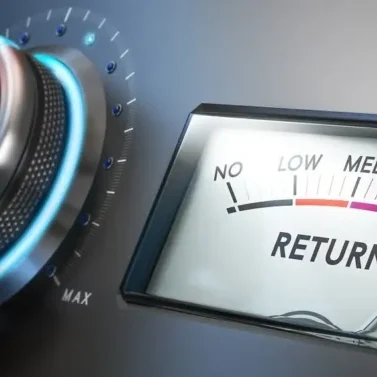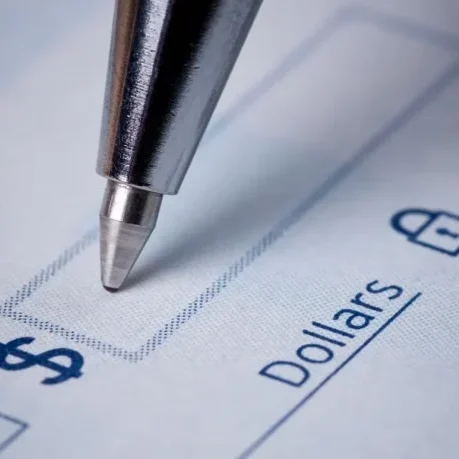Financing Challenges When Buying a Car Wash
Business acquisitions that use financing add a layer of complexity to the transaction. Lenders examine each transaction carefully to ensure that it will be successful. Unfortunately, transactions that don't meet the lender's criteria get declined. In this article, we cover some of the issues that affect your ability to get funding for your car wash acquisition.
Resource: "How to finance a car wash business acquisition."
1. Real estate is not included in the sale
The location of a car wash is vital to the successful operation of the business. Location determines how easy it is for customers to find your business – which can make or break a car wash. Therefore, lenders consider the real estate a necessary part of the transaction. Without the real estate, there is no guarantee that the business will be able to keep its location. Consequently, most finance companies are not comfortable financing a car wash acquisition that does not include the real estate.
2. Expecting 100% financing
Most buyers want to minimize the amount of their personal money used for the transaction. Instead, they want to borrow as much as they can. This common strategy by buyers is called a leveraged buyout (LBO). Most small business acquisitions that use financing meet the definition of a leveraged buyout.
Lenders expect the buyer to put equity in the transaction. They usually require 10% of the acquisition value. The equity injection cannot be financed by a lender nor can it come from the seller. It must come from the buyer and their partners. To learn more, read "How much does it cost to buy a business?"
3. Financial statements are not available
Most car wash sales are done by independent operators that own one or a few car washes. They are small businesses and don't always keep accurate financial records. This can create a serious challenge for the buyer and their lender.
From a buyer's perspective, do you really want to buy a car wash that cannot justify its revenues and expenses? How can you tell if you are buying a good business? Let's take this a step further. Put yourself in the position of your lender. Do you think they are comfortable funding an acquisition without reliable financial information? They are not. Without reliable financial statements, the transaction will be declined.
4. Asking price is too high
Every seller wants to sell their business for the highest possible price. That is understandable. However, neither you nor your lender wants to finance an overvalued acquisition. Lenders finance only those transactions that have a reasonable price.
During the initial due diligence phase, lenders determine if the price is reasonable based on general industry guidelines. These guidelines are often good enough and help the transaction move along quickly. Industry guidelines are often found in professional publications, such as the Business Reference Guide.
However, lenders often insist on a professional valuation and a collateral appraisal once the transaction moves further along. The valuation is specific to the car wash you want to buy and is done by a professional. Ultimately, each lender has its own requirements and process.
Note that self-service and full-service car washes have different valuation assumptions. Here are some sample industry guidelines:
Self-service:
- 2 to 3 times their cap rate
- 4 times their annual sales
Full-service:
- 3 to 6 times EBITA
- 4 to 6 times owner's net provable income
Notes:
- Cap rate: Capitalization rate
- EBITA: Earnings Before Interest, Taxes, and Amortization
- Source for guidelines is the Business Reference Guide
5. Environmental issues
Environmental issues are always a risk in car wash acquisitions. They are in the risk profile of any businesses that uses chemicals. Lenders may require an environmental assessment as a condition of financing your acquisition. Transactions for locations that have environmental issues that cannot be mitigated cost effectively will fall through.
6. Buyer's personal credit score
Lenders require buyers to have a minimum credit score. Lenders that provide SBA-backed loans require a minimum score of 650. Lenders for non-SBA-backed loans often have higher requirements.
Buyers are often puzzled when lenders inquire about their person credit scores. After all, the buyer is asking for a business loan, not a personal loan. Why is their personal credit relevant?
Let's look at this from the lender's perspective. Businesses don't manage themselves. Instead, their owners manage the business. Consequently, lenders have to evaluate the buyer to make a determination. The personal credit score of the buyer serves as a proxy, albeit imperfect, for how the buyer handles their financial affairs.
7. Looking to become an "absentee owner"
Some entrepreneurs look to buy a car wash hoping to become an "absentee owner." Most financial institutions are not willing to finance these types of transactions. They consider "absentee owner" transactions to be too risky. Lenders want to finance transactions with owners who will manage the business actively.
Buying a car wash?
The first step to work with us is to submit this form. Once we review it, one of our associates will contact you to discuss the specific details of your acquisition.
Editor's note:
This information should not be considered legal or financial advice. Given the complexity of business acquisitions, this document is not guaranteed to be 100% accurate or cover every potential option. However, we make every effort to provide you with the best information. If you have comments, suggestions, or improvements, contact us via LinkedIn.






